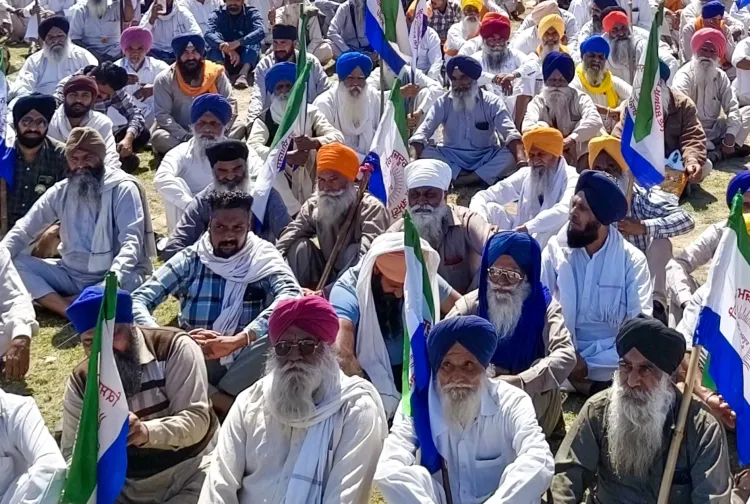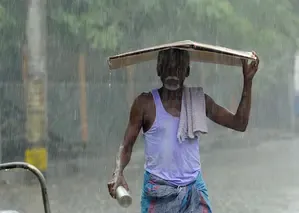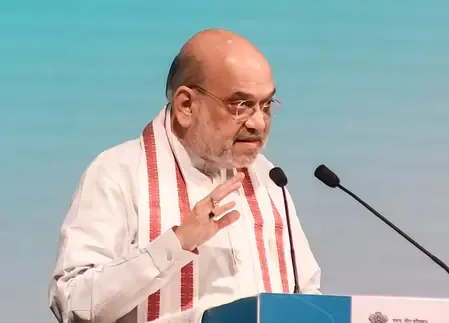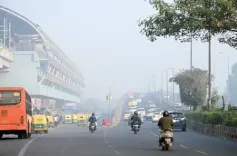Are Farmers in Punjab Protesting to Surround Shambhu Police Station?

Synopsis
Key Takeaways
- Farmers are organizing protests due to recent evictions.
- Legal actions are being threatened by the state against protestors.
- Minimum support price (MSP) is a central demand of the farmers.
- Public services are impacted by the ongoing protests.
- Dialogue is essential for resolution.
Chandigarh, May 6 (NationPress) Farmers in Punjab, infuriated by their forceful eviction from two border points, initiated their march on Tuesday under heavy security to encircle the Shambhu police station in the Sangrur district.
The farmers faced a harsh eviction from both the Shambhu and Khanauri border points, with numerous leaders detained shortly after discussions between the farmers and a central delegation in Chandigarh back in March.
The Shambhu national highway, situated on the Punjab and Haryana border, was reopened for traffic on March 19 after being closed for 13 months due to farmers' demands, which include a legal guarantee of minimum support price (MSP) from the Centre for all crops.
In anticipation of the protest, Punjab Police detained several leaders, notably Samyukt Kisan Morcha (SKM) (Non-Political) leader Jagjit Singh Dallewal.
The Kisan Mazdoor Morcha (Bharat) and SKM (Non-Political) have criticized the AAP government for employing repressive measures during the farmer protests, demanding accountability for those involved.
They are also seeking compensation for items that reportedly went missing during the police action at Shambhu, which they allege were later found with individuals associated with AAP leaders and police officers.
Chief Minister Bhagwant Mann strongly condemned organizations that announced road and rail blockades, stating that legal action would follow against those who disrupt public life and impede the state’s progress.
In a statement released on Monday, the Chief Minister asserted that there are more constructive ways to express dissent, emphasizing that blocking transportation routes and hindering state development is unacceptable. He highlighted how such protests particularly impact the people of Punjab, especially those relying on daily labor for their livelihoods.
Disruptions like road blockages can delay emergency medical services, and during the ongoing wheat procurement season, maintaining uninterrupted rail services is crucial for crop transportation. Thus, halting transport severely affects the state's interests, he argued.
CM Mann stated, “Any announcements, protests, or strikes that inconvenience the public and disrupt daily life will be deemed acts against Punjab and its people. Those behind such actions will face stringent legal repercussions. Our priority is to ensure the development and prosperity of Punjab, and we will not allow anyone to derail that.”









